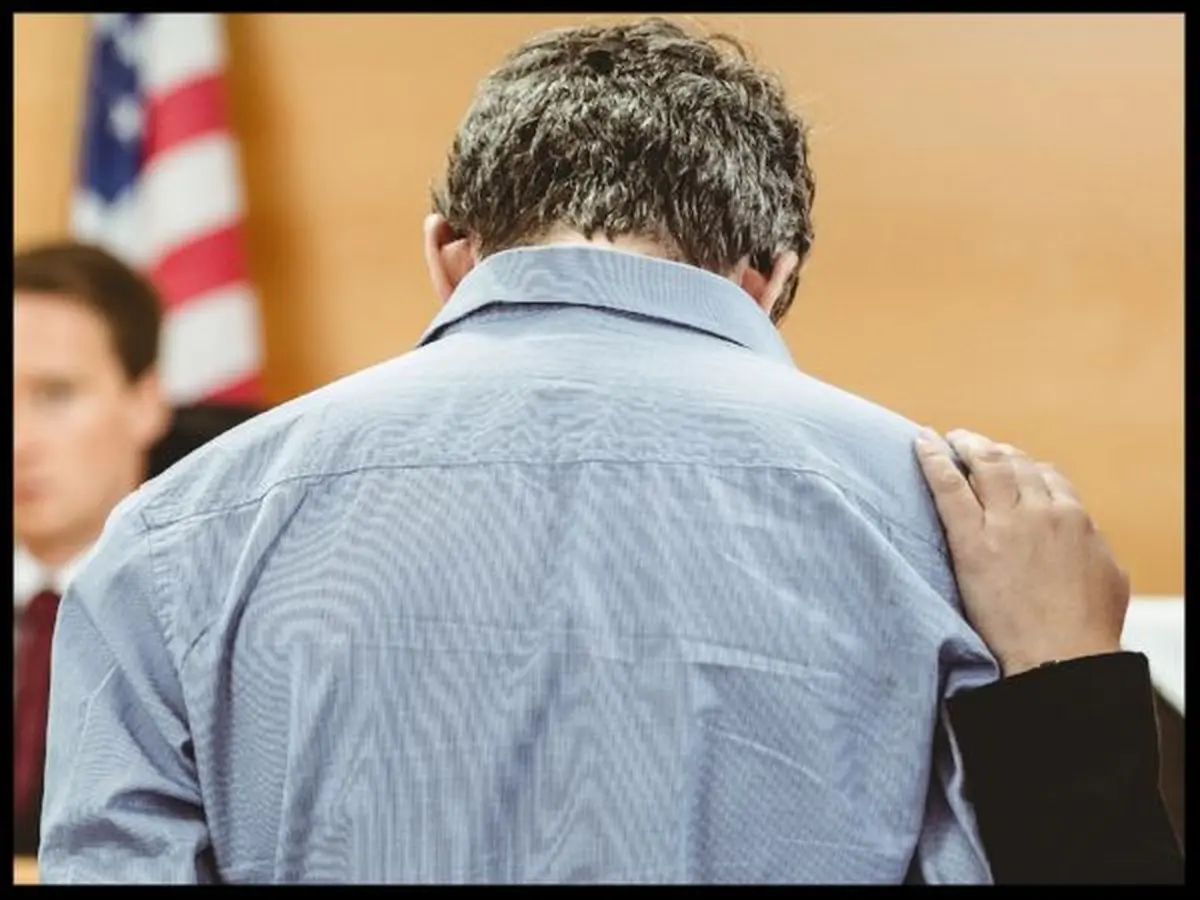
Table of Contents
What Does an Arraignment Lawyer Do?
An arraignment lawyer stands beside you when you:
- Appear in court for the first time;
- Plead not guilty; and
- Ask the judge to release you without bail.
What Is Arraignment?
Arraignment is the name of the proceeding that begins every criminal case, when the Court first exercises jurisdiction over you.
If you go through a full-blown arrest, you’ll remain in continuous custody until you’re arraigned. You’ll be in custody approximately 12 to 24 hours before you see a judge.
If you receive a summons or a desk appearance ticket (DAT), you’ll be arraigned days, weeks, or even months after arrest. You’ll be in custody approximately 2 to 3 hours before you see a judge.
You’ll plead NOT guilty at your arraignment. Even if you’re guilty as charged, you’ll plead not guilty.
At arraignment, you’ll first learn:
- The charges filed against you.
- Whether the most serious charge is a misdemeanor or a felony.
- A factual description of the accusation made against you, such as date, time, and location of the alleged crime, and a brief description of your alleged conduct.
- Whether the Court will release you without “bail”, or require you to post bail as a condition of release.
In New York City, arraignment following a full-blown arrest typically happens 16 to 24 hours after the moment of arrest. By the time you’re arraigned, you’ll have spent most of the past day in police custody. You’ll probably be tired, and uncomfortable, and frightened.
At arraignment, you have the right to be represented by a lawyer. If you can’t afford a lawyer, the Court will appoint a lawyer to represent you. You won’t represent yourself.
If you can afford an arraignment lawyer, but you haven’t yet had the opportunity to hire one for arraignment, which is common, the Court will appoint a lawyer to represent you. However, you’ll have to hire a lawyer before the next court date.
Bail
Bail is a sum of money, or other valuable property, that a family member or friend must deposit with the court to secure your freedom.
An arraignment judge has three bail options:
- Release you without bail (called “release on recognizance” or “ROR”); or
- Set bail on you; or
- Hold you without bail (only happens in the most serious cases).
When determining bail, the judge will assess the extent to which you pose a “risk of flight” – the likelihood that you won’t return to court on future court dates. Factors that the judge will consider when setting bail include:
- The seriousness of the charges.
- Whether you reside in the jurisdiction.
- Whether you own your home.
- Whether you live with family members.
- Whether you’re employed.
- Whether you’ve previously been convicted of a crime.
- Whether other criminal cases are pending against you.
- Whether you’ve “bench warranted” in the past.
- Whether you’ve used fake identities in the past.
The more you pose a risk of flight, the more likely that the judge will set bail. If the judge sets bail, higher risk of flight will result in higher bail.
If the judge sets bail, then someone must put up money or a bail bond before you’ll be released. Bail can range from $1 to millions of dollars.
Have Trusted Counsel at Arraignment
Schedule a FREE CONSULTATION with Bruce Yerman, Attorney at Law
Ideally, someone will in the courtroom on your behalf at your arraignment, with cash on hand to post your bail if needed.
Once you post bail, you’ll remain free until the case is over, unless you violate the conditions of your release, or unless the Court increases your bail for some other reason.
When your case is over, the person who posted bail will receive their money back, unless the bail is forfeited due to failure to attend court when required.
Avoid Self-Incrimination
While you wait to be arraigned, a police officer or a detective might try to speak with you about the alleged crime, or about a different crime than the one for which you were arrested.
Exercise your constitutional right to remain silent and your right to have a lawyer present during questioning. Never speak with police, and never speak with a prosecutor. Talking to anyone in law enforcement will only hurt you, by helping the people trying to convict you.
While you’re in custody, if you’re given the opportunity to speak with a family member or a friend – in person or over the phone – don’t discuss anything the facts of your case:
- Don’t say you’re innocent.
- Don’t say you’re guilty.
- Don’t describe the incident that led to the arrest.
- Don’t describe the arrest.
- Don’t describe what you think the charges will be.
- Don’t say you feel bad about what happened.
Police will be listening to your end of the conversation, noting anything you say that might help them build their case against you.
The only thing you can safely say is that you’ve been arrested and that you want a lawyer.
How I Can Help
If you’ve been arrested and are waiting for arraignment, call me immediately – I’m available 24/7/365. After you hire me as your arraignment lawyer, I’ll do several things on your behalf:
- Interview you.
- Contact the police and direct them not to question you.
- Find out what the charges are.
- Try to negotiate a desk appearance ticket, if possible.
- Estimate the maximum amount of bail the judge might set, so someone can prepare to post it for you.
- Refer you to a bail bondsman.
- Defend you at your arraignment.
Free Consultation
Bruce Yerman is an arraignment lawyer in New York City. His office is located in Suite 1803 of 299 Broadway in Manhattan. If you’d like a free consultation to discuss criminal defense or family law, call Bruce at:
Or email Bruce a brief description of your situation:
